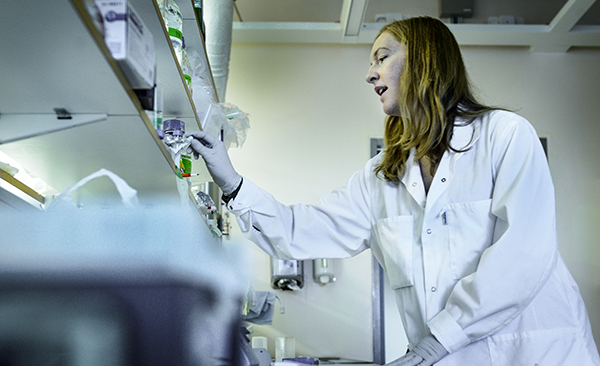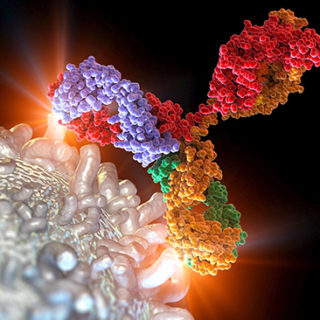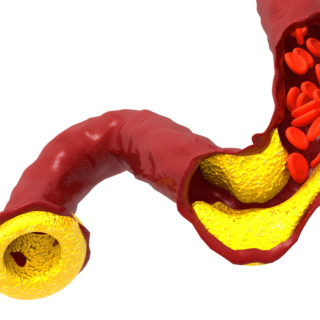Quicker diagnosis of renal cancer
Clear cell renal cancer is the most common form of kidney cancer, with approximately 1 000 new cases in Sweden every year. If the disease is not detected before it spreads to other parts of the body, the prognosis is bleak. Only 10 per cent of these patients survive five years after diagnosis. However, an unexpected discovery made in basic research may have resulted in a new diagnostic method that could soon be implemented in clinical trials and thus help patients.
“Early diagnosis is critical as the disease can be cured by surgically removing the affected organ if detected while the cancer is still confined to the actual kidney”, says Håkan Axelsson, Professor of Tumour Biology at Lund University and one of the founders of Akuru Pharma – a company trying to develop diagnostic methods and treatments for renal cancer. “However, if the cancer spreads to the rest of the body, it is extremely difficult to treat as it responds poorly to most treatment methods.”
SO FAR, it has been difficult to establish a reliable diagnosis and to distinguish at an early stage the type of renal cancer the patient is suffering from, which is important in order to apply the appropriate treatment. Furthermore, approximately 25 per cent of patients initially diagnosed with localised renal cancer will later experience metastases.
Jennifer Hansson is also a co-founder of Akuru Pharma as well the company’s managing director. It was during her time as a doctoral student at Lund University that she and her colleagues made an interesting discovery that gave rise to one of the company’s main focus areas – transport proteins.
TRANSPORT PROTEINS can be found on the surface of all human cells. As the name suggests, these proteins transport substances in an out through the cell membrane, which is vital for cell control. Their superficial location on the cell makes them attractive biomarkers, that is, molecules that can be used to detect different types of cancer and other diseases. They could also serve as a gateway into the cell to deliver chemotherapy drugs as part of a treatment.
“We studied cell samples from 25 different types of tumours as well as the corresponding normal tissue to see how the expression of transport proteins differs between healthy and diseased cells. We then discovered a transport protein that is specifically expressed in clear cell renal cancer but not in other cancers”, says Jennifer Hansson. “Not even in other types of kidney cancer.”
WHAT MAKES this protein particularly interesting is that it can normally only be found in the brain. A weak radioactive substance that binds specifically to the cells where the protein is expressed is already applied to diagnose certain diseases in which neural tissue is broken down. Using a gamma camera, it is possible to see whether the area of the brain where the cells are located has changed, which makes is possible to distinguish between different diseases.
Because the transport proteins exist on the surface of the cancer cells in the kidney, the same substance can be used to find them.
“So we can use a diagnostic tool that already exists, even though we are changing the direction of the camera and switching patient groups”, says Håkan Axelsson. “This gives us an almost unique opportunity to go straight from a pre-clinical study to testing the method on patients.”
“As basic researchers, it is incredibly exciting to be so close to something that is clinically applicable”, says Jennifer Hansson. “And that with a discovery like this, the method could be used to help patients in the near future – something that usually takes a very long time.”
The clinical study will hopefully begin this spring and run throughout 2017.
Text: Catrin Jakobsson
Facts
-
Akuru Pharma






